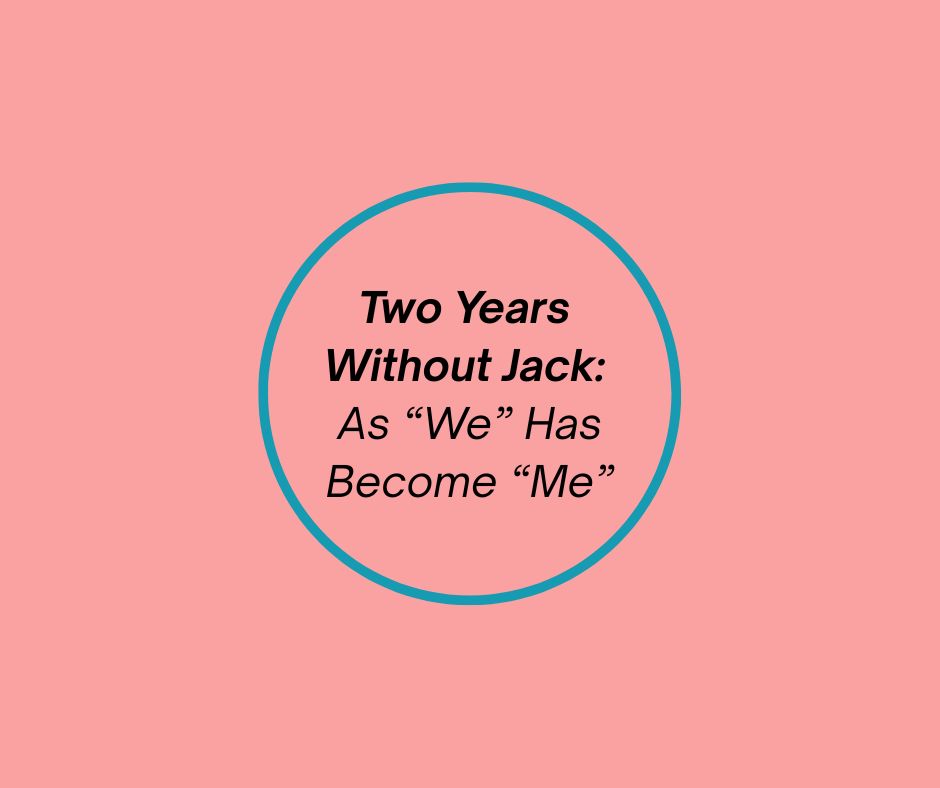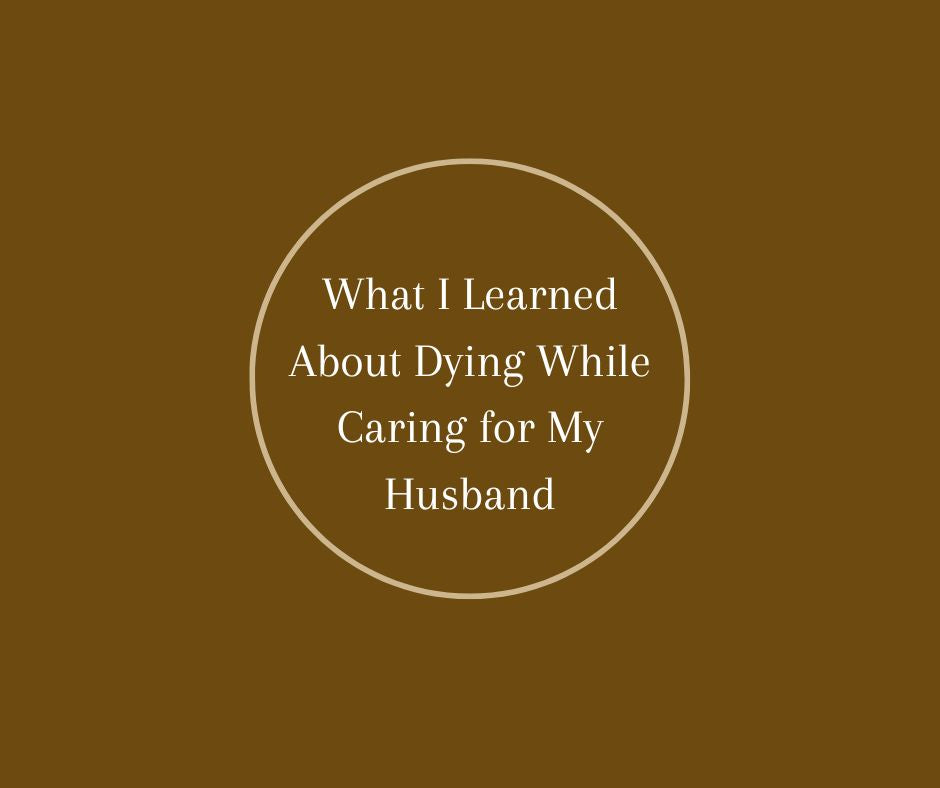Grief affects us all in one way or another — the loss of a job, the loss of a friend, of a relationship, a physical death. We all carry the scars of grieving.
As we travel this road of living, our life will never be the same following any of the many deaths we experience.
Recognizing the touch of grief, whether it be a gentle prodding or an outright slap, is the first step in learning how to live with our grief.
A thought, a tear, a level-ten reaction to a level-two situation, an "I can’t get out of bed this morning," an "I can’t go to sleep tonight," or an "I can’t see people today" are all part of grief’s expression.
Most of us rush to move on when our moment of grief touches us. We try not to recognize the twinge of grief we are experiencing. My suggestion is to acknowledge the grief as its shadow moves through us. An “oh yes, this is my heart saying I miss.”
I have found writing our thoughts and feelings on paper (or laptop, although I prefer paper) is a way of releasing the emerging feelings. Grammar and punctuation don’t matter. It is the release of the feelings and the thoughts that have built, along with the tears, that addresses the moment of loss.
Grieving from the physical death of someone we have had challenges with — anger, disappointment, resentments, or regret — is often harder than for someone we had an entirely positive relationship with. The unresolved issues, the words unsaid, complicate our grief. Instead of stuffing the feelings back down, of ignoring and pushing ahead, if we acknowledge and pause a moment, we can generally move forward. I make it sound so easy. It’s not.
For most of us, time will ease the pain of loss. It won't eliminate it, but it will ease it. We will always miss someone who was special in our lives, but the open wound will heal. Grief will leave a permanent scar, but scars generally don’t hurt until something touches them.
Something more about… Living With the Scars of Loss
If you’re grieving, you’re not alone. My booklet, My Friend, I Care: The Grief Experience, is often given in place of a sympathy card to support someone in the early stages of loss. You can also listen to two heartfelt interviews—The EKR Foundation: “The Grief You Don’t Know Until You Do” and Best Life, Best Death Podcast: “One Year After the Death of a Spouse”—for honest conversations about living with grief.








3 comments
Colleen Johnston
I follow your work, Barbara and have referred many people to your resources. I greatly appreciate your insight and the profession of hospice, as a whole. In this post however, I’m curious why you have left out that talking to professionals is helpful? I am a mental health therapist and am working towards normalizing getting professional help and breaking the stigma. Grief can be so isolating and sometimes talking to someone can be the key to realizing you’re not alone. Blessings to you as you navigate your grief. You have been inspirational to me these past few years.
———
BK Books replied:
Hi Colleen, you are right talking to a mental health therapist can be very helpful. Blessings to you in the work you are doing. Barbara
I follow your work, Barbara and have referred many people to your resources. I greatly appreciate your insight and the profession of hospice, as a whole. In this post however, I’m curious why you have left out that talking to professionals is helpful? I am a mental health therapist and am working towards normalizing getting professional help and breaking the stigma. Grief can be so isolating and sometimes talking to someone can be the key to realizing you’re not alone. Blessings to you as you navigate your grief. You have been inspirational to me these past few years.
———
BK Books replied:
Hi Colleen, you are right talking to a mental health therapist can be very helpful. Blessings to you in the work you are doing. Barbara
Deb
I have been isolated for eleven years. That’s how long ago my husband died. I don’t do anything but sit in my chair and watch t v and get fat. I give up a long time ago
———
BK Books replied:
Deb, I’m sorry you have not found a way to go on living. Seems like a waste of the gift of life you have. Blessings to you. Barbara
I have been isolated for eleven years. That’s how long ago my husband died. I don’t do anything but sit in my chair and watch t v and get fat. I give up a long time ago
———
BK Books replied:
Deb, I’m sorry you have not found a way to go on living. Seems like a waste of the gift of life you have. Blessings to you. Barbara
Andrew Adeck Omuse
The scars of grief are real and practical. The time comes when you feel lonely and isolated. All matters lone to leave with scars by accepting situations the way they are, get out for a walk or take time for yourself and walk through and feel you are not a lone but someone beside you always , utilize your strength share you will find solace somewhere. Just try helps your mental well being, thus self care
———
BK Books replied:
Hi Andrew, thank you for sharing. Blessings! Barbara
The scars of grief are real and practical. The time comes when you feel lonely and isolated. All matters lone to leave with scars by accepting situations the way they are, get out for a walk or take time for yourself and walk through and feel you are not a lone but someone beside you always , utilize your strength share you will find solace somewhere. Just try helps your mental well being, thus self care
———
BK Books replied:
Hi Andrew, thank you for sharing. Blessings! Barbara